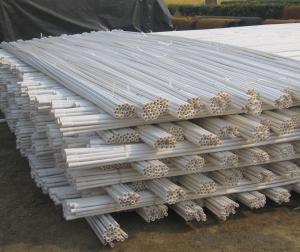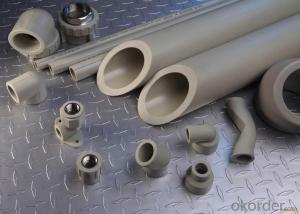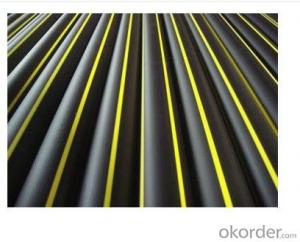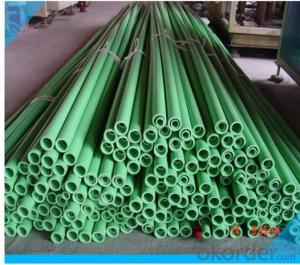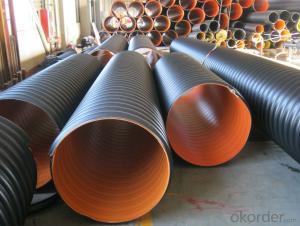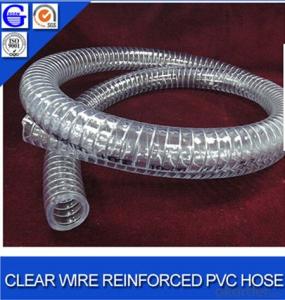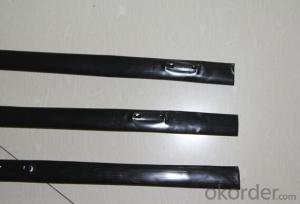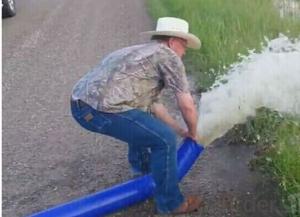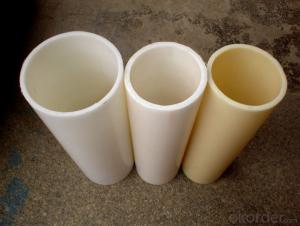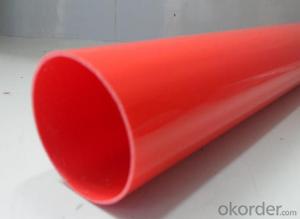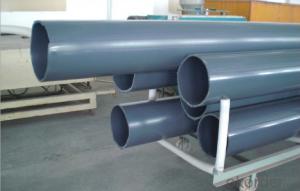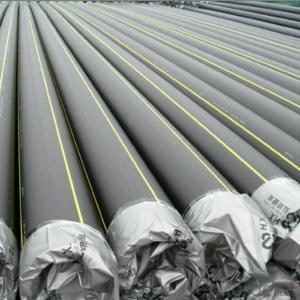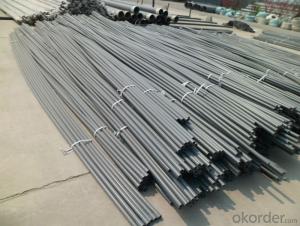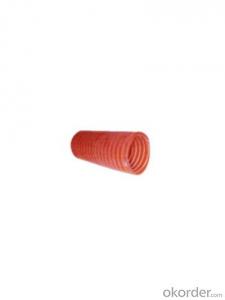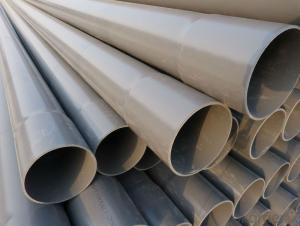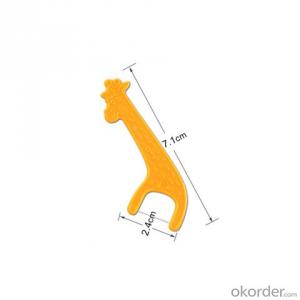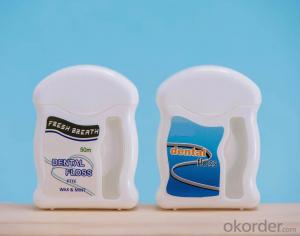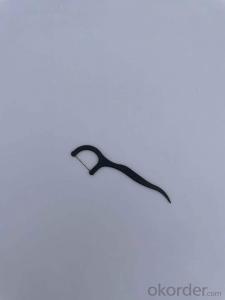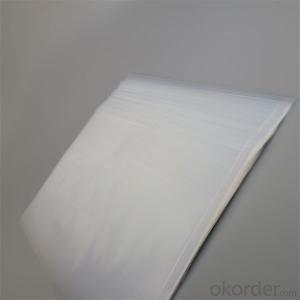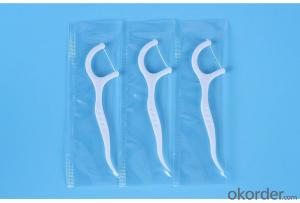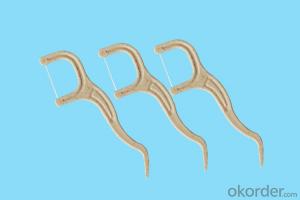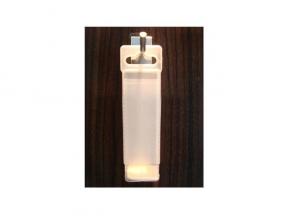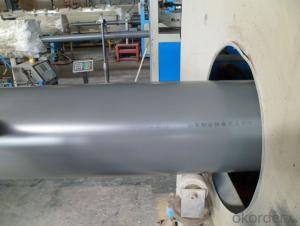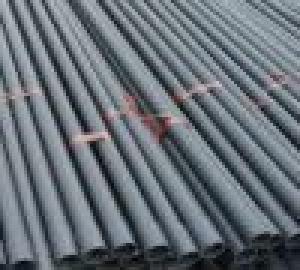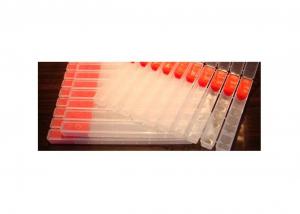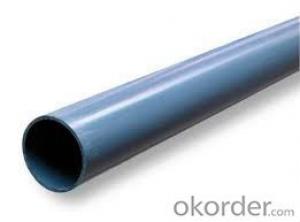PVC Pipe Specification16-630mm Length: 5.8/11.8M Standard: GB
- Loading Port:
- China main port
- Payment Terms:
- TT OR LC
- Min Order Qty:
- 500 pc
- Supply Capability:
- 5000 pc/month
OKorder Service Pledge
OKorder Financial Service
You Might Also Like
1. Description of PVC Pipe :
Material: Virgin Rigid PVC resin, no recycle material
Process: vacuum forming extrusion
Color: various colors, we can make color according to Panton card No.
Application:construction, home decoration, stationery&toy, advertising, ornament, etc.
Common Feature: high glossy, water proof, damp proof, termite proof, shock proof, fire retardant, Maintenance free, light weight ,easy to install, economical, durability, recyclable
2.Features of pvc pipes :
1) Good electrical insulation: excellent insulation nature against electricity. the pvc pipe can be served as conduits and pipes in construction cable and wire.
2) Water quality unaffected: The solution tests on the PVC pipe show no affect on water quality when the water flows through is. It is considered the best piping material for running water works.
3) Simple installation: Very easy to connect, thus much time and laborcost may be saved.
4) Structure Engineering, home water supply and drainage
5) Water drainage/supply system
6) for Agriculture Irrigation aquaculture
3.PVC Pipe Images:
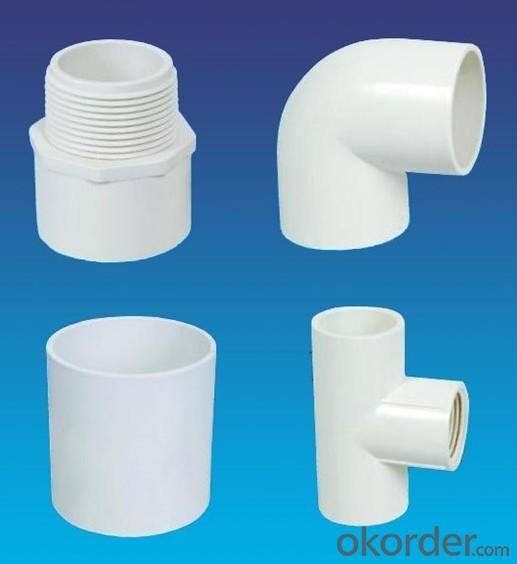
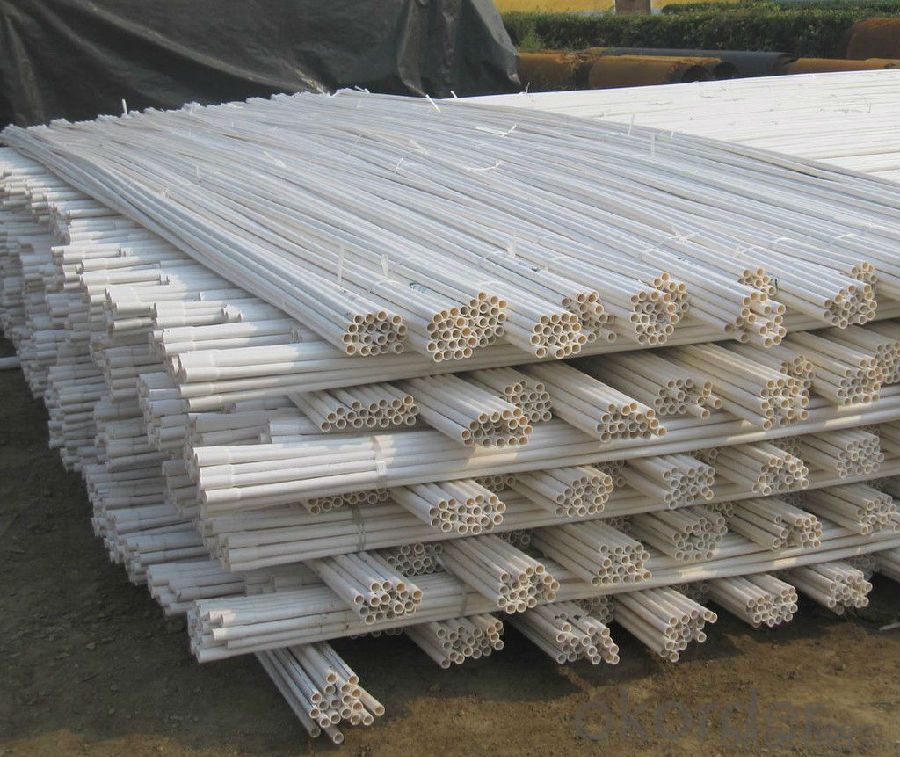
4.Specifications of the pvc pipe:
1) Material: pvc pipe unplasticized polyvinyl chloride
2) Standard: GB, ISO9001, ISO14001
3) Color: white pvc pipe, grey pvc pipe , etc.
4) Specific Gravity:g/cm3, 20(C): 1.35 - 1.55
5) Vicat Softening Temperature: (C) >=79
6) Longitudinal Reversion: %, 150(C) <=5< span=""><>
7) Dichloromethane Resistance Test: No attack
8) Falling Weight Impact Test: TIR, %, 0(C) <=10< span=""><>
9) Tensile Yield Strength: Mpa >=40
10) Fitness of Water Tightness Test: No Leakage
11) Fitness of Air Tightness Test: No Leakage
5.FAQ
Q:What is you MOQ?
A:As customer’s request.
Q:What is the production ability? or delivery time?
A:Our production ability support 40HQ order finish in one week.
Q:What is the regular shipping port?
A:Tianjin or Shanghai.
Q:What is your payment?
A:TT or CC.
Q:Can we have sample?
A:Sample free, freight cost you.
Q:For urgently doubts,who online?
A:Sales and marketing Manager 24hours online service.
- Q:How do plastic tubes compare to glass tubes in terms of fragility?
- Plastic tubes are generally less fragile than glass tubes.
- Q:Also when a cell is hypertonic to its environment does that mean the environment is hypotonic to the cell?
- If the tube shrinks, water must be going out of the tube, and this must be occurring because there is a concentration gradient across the tubing. However, both sides start with distilled water, so the water on both sides should have the same (low) amount of dissolved substances. Presumably the shrinkage is occurring over a period of hours or days? My guess would be that something is getting into the water in the cup - this could be dissolved matter from floating dust or bacteria, but more likely are gases from the air. Distilling water would degas it - oxygen, nitrogen, and CO2 would be removed. However, these gases, most significantly CO2, will redissolve in the water if it is left in air (carbon dioxide dissolves to make a solution of carbonic acid). In addition, any contaminants that persisted through the distillation would be concentrated when the cup water evaporates, though this is likely to be a small change due to the high purity of distilled water. You are correct about your second question.
- Q:Are plastic tubes resistant to heat?
- Plastic tubes have varying degrees of heat resistance depending on the type of plastic used. Some plastics, like polypropylene and PTFE, have excellent heat resistance and can withstand high temperatures, while others, like PVC, have lower heat resistance and may deform or melt at elevated temperatures. Therefore, it is important to consider the specific type of plastic when determining its heat resistance capabilities.
- Q:Are plastic tubes safe for storing cosmetics?
- Yes, plastic tubes are generally considered safe for storing cosmetics. They are commonly used in the industry due to their durability, flexibility, and ability to protect the product from contamination. However, it is important to ensure that the plastic used is of high quality and free from harmful chemicals such as BPA. Additionally, it is advisable to check the compatibility of the plastic with specific cosmetic formulas to prevent any potential reactions or degradation of the product.
- Q:Just curious, when there is only a bit of toothpaste left, I have to squeeze little by little from bottom up. But then after using it, I'll have to do the same thing next time around. Obviously the toothpaste has to settle down the tube. Why and how does it do that?
- The plastic material has internal stresses that retain the shape it was cast in originally. Since it is attached to a round head it tends to form a sort of flattened cone. The toothpaste moves back up the tube to fill the available space as it is a type of really thick fluid. The shape may also lead to the toothpaste moving upwards due to capillary action (similar to how water moves up a very thin straw) To combat this effect, you can buy a little squeezy thing that rolls over the tube to prevent the toothpaste from moving backwards, or you can fold/bend it over as you use it like many people do. I store mine upright on the cap so the toothpaste settles at the end I squeeze it out of. The tube also uses less counter space when you store it upright as compared to laid over on its side.
- Q:Can plastic tubes be used for insulation purposes?
- Yes, plastic tubes can be used for insulation purposes. They can help prevent heat transfer and provide thermal protection in various applications, such as HVAC systems, plumbing, and electrical wiring. Plastic tubes with proper insulation properties can effectively reduce energy loss and enhance overall efficiency.
- Q:Regarding NG feeding tubes how difficult is it to take care of someone at home with one? My friend's daughter is coming to stay with me for a little while and her daughter has an eating disorder and is currently being fed with a tube. Her doctor is going to show me how to feed her with it. I was just wondering if this was going to be really complicated or fairly straight forward. Anyone have experience with NG tubes who would like to share their experience using it?
- It is fairly easy. It's just a plastic tube from her nose to her stomach. Don't put anything too hot or too cool. Room temp for liquids, unless otherwise noted by the doctor. But let her tug on it, keep it taped down, too! If she has been fed by NG for a while, I'm sure she will know what to do.
- Q:Can plastic tubes be used for ventilation systems?
- Yes, plastic tubes can be used for ventilation systems. They are commonly used in various applications such as HVAC systems, air conditioning units, and even in industrial ventilation systems. Plastic tubes offer several advantages such as being lightweight, durable, and resistant to corrosion, making them a suitable choice for ventilation purposes.
- Q:What is the average lifespan of plastic tubes?
- The average lifespan of plastic tubes can vary depending on factors such as the type of plastic used, the conditions they are exposed to, and their usage. However, with proper care and maintenance, plastic tubes can typically last for several years to decades.
- Q:Can plastic tubes be used in high-pressure applications?
- Yes, plastic tubes can be used in high-pressure applications, but it depends on the specific type of plastic used and the pressure level required. Certain types of plastic, such as high-density polyethylene (HDPE), polyvinyl chloride (PVC), and polypropylene (PP), have good resistance to pressure and can withstand high-pressure environments. However, it is important to consider factors like temperature, chemical compatibility, and the specific requirements of the application when selecting plastic tubes for high-pressure use.
1. Manufacturer Overview |
|
|---|---|
| Location | |
| Year Established | |
| Annual Output Value | |
| Main Markets | |
| Company Certifications | |
2. Manufacturer Certificates |
|
|---|---|
| a) Certification Name | |
| Range | |
| Reference | |
| Validity Period | |
3. Manufacturer Capability |
|
|---|---|
| a)Trade Capacity | |
| Nearest Port | |
| Export Percentage | |
| No.of Employees in Trade Department | |
| Language Spoken: | |
| b)Factory Information | |
| Factory Size: | |
| No. of Production Lines | |
| Contract Manufacturing | |
| Product Price Range | |
Send your message to us
PVC Pipe Specification16-630mm Length: 5.8/11.8M Standard: GB
- Loading Port:
- China main port
- Payment Terms:
- TT OR LC
- Min Order Qty:
- 500 pc
- Supply Capability:
- 5000 pc/month
OKorder Service Pledge
OKorder Financial Service
Similar products
New products
Hot products
Related keywords
